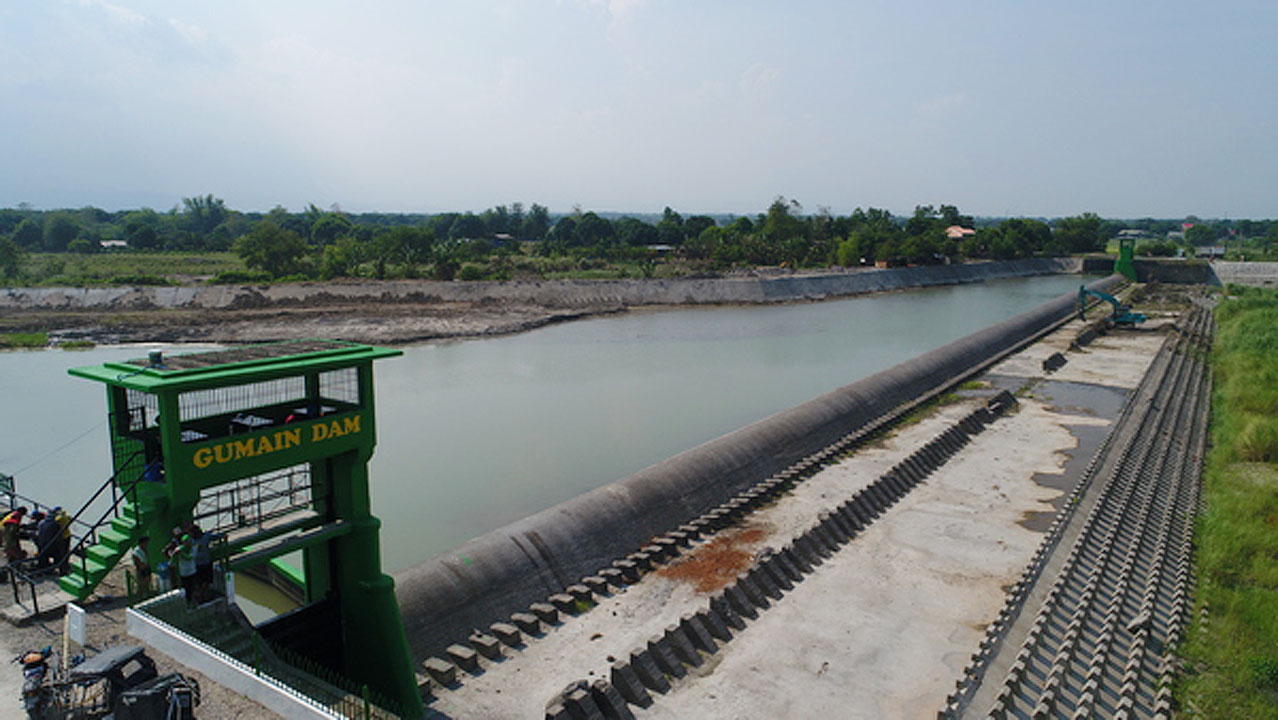PCCI backs agri focus for infrastructure program

THE Philippine Chamber of Commerce and Industry (PCCI) said it supports adjustments to the infrastructure program to prioritize the needs of agriculture.
In a statement on Sunday, the PCCI said that its officials met on Aug. 22 with Batangas Rep. Mario Vittorio A. Mariño, who chairs the House Committee on Trade and Industry, to urge greater priority for agricultural infrastructure, especially projects that help micro and small enterprises (MSEs).
Paul Cuyegkeng, who chairs the PCCI agriculture and food security committee, said that the Build, Better, More infrastructure program of the Marcos administration should focus one farm-to-market roads, irrigation, and post-harvest facilities to develop the industry’s value chain.
Mr. Cuyegkeng also sought the amendment of Republic Act No. 6657 or the Agrarian Reform Law to expand the permissible size of landholdings and allow the consolidation of land held by agrarian reform beneficiaries to boost efficiency.
He advocates a bigger budget for agriculture and expanded financing to farmers via acceptance of warehouse receipts as collateral.
“With so many challenges, it is critical at this point that measures are immediately taken to develop our agriculture sector and MSEs — the drivers of the economy in the rural areas and the countryside,” PCCI President George T. Barcelon said.
Meanwhile, Philippine Exporters Confederation, Inc. President Sergio R. Ortiz-Luis, Jr. said that the Magna Carta for Micro, Small, and Medium Enterprises (MSME) Act should be amended to improve access to financing.
“Lack of access to finance is a major constraint on MSMEs, (who) continue to struggle. Despite the enactment of the Magna Carta for the MSEs in 2014 mandating banks to allocate 10% of their credit portfolio to small businesses, compliance with mandatory lending levels has not improved. Banks continue to opt to incur penalties for non-compliance rather than take the risks associated with lending to small businesses,” Mr. Ortiz-Luis said.
The PCCI said the government should consider adopting programs of the US Small Business Administration, including loans, guarantees, and technical services. — Revin Mikhael D. Ochave



